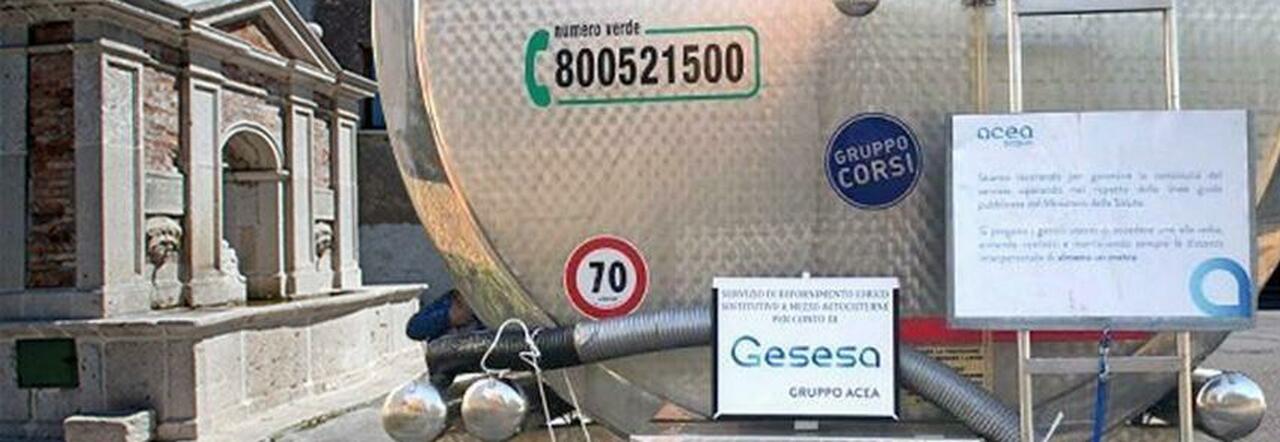Gesesa Regains Full Control of Sewage Treatment Plants After Legal Seizure Release

Tuesday 26 March 2024, 12:19
2 Minutes of Reading
Gesesa communicates that this morning it received notification of the decree from the Court of Benevento, ordering the release from seizure of the sewage treatment plants. Following this judicial decree, Gesesa returns to full possession of all 12 sewage treatment plants that were seized in May 2020: three in Benevento (Ponte della Tavole, Capodimonte, Pontecorvo), two in Telese Terme (San Biase and Scafa), and one each in Frasso Telesino, Melizzano, Forchia, Castelpoto, Ponte, Sant'Agata de' Goti, and Morcone. These plants are in addition to the other 18 not subject to seizure, making a total of 30 sewage treatment plants managed by Gesesa in the territory of the Province of Benevento. At the beginning of the investigation, the Prosecutor's Office of Benevento attempted to shed light on the functioning of the treatment plants, as some sewage systems were discharging directly into the Calore and Sabato rivers, dangerously polluting them. The president of the board of directors of Gesesa, lawyer Domenico Russo, states: 'Today is the happiest day for me since I took on the role of president in January 2021. I was aware of the extreme complexity of the situation and the long path to be undertaken, following the seizure of the 12 sewage treatment plants that took place in May 2020 and the related criminal proceedings, which I recall also generated an additional seizure of assets for over 78 million euros in November 2021, which we then managed to overcome by asserting our reasons in court and thus avoiding the very likely bankruptcy of the company. Therefore, today my satisfaction is immense. This release from seizure certifies the quality of the work done.' The CEO of Gesesa, engineer Salvatore Rubbo, adds: 'Just appointed, I immediately paid special attention, as well as offering my knowledge, to this fundamental segment of the integrated water service. The work carried out with the judicial administrator and with the Technical Committee was always oriented, respecting each other's roles, towards achieving the result and, already from October 2022, Gesesa has managed the plants autonomously, constantly raising their level of efficiency. Gesesa has invested over two and a half million euros in all 30 sewage treatment plants it manages over the last three years. However, in this moment of rightful satisfaction, I believe it is appropriate to focus on the extreme managerial delicacy of such plants. It is a very broad topic, which necessarily also concerns the variability of the quality of the incoming sewage but, to summarize, it is enough to know that managing so many medium-small plants, most of which are several decades old and, although constantly maintained and made more efficient, with a purification capacity close to saturation, forces us to intervene, every day, with continuous adjustments or with necessary interventions to ensure their hydraulic-purification functionality.'
© ALL RIGHTS RESERVED
This article is automatically translated
This article is automatically translated
